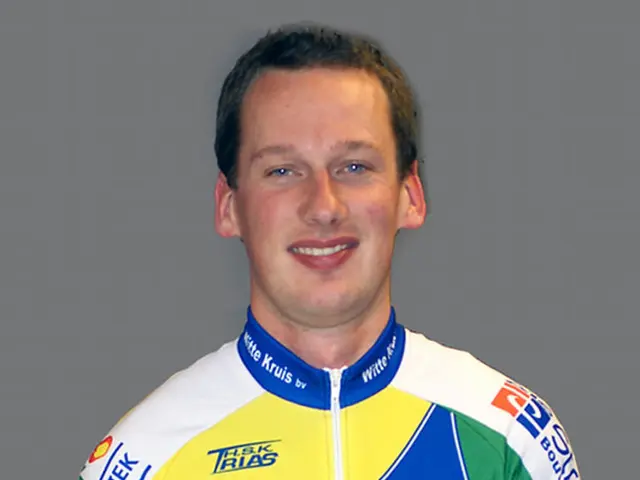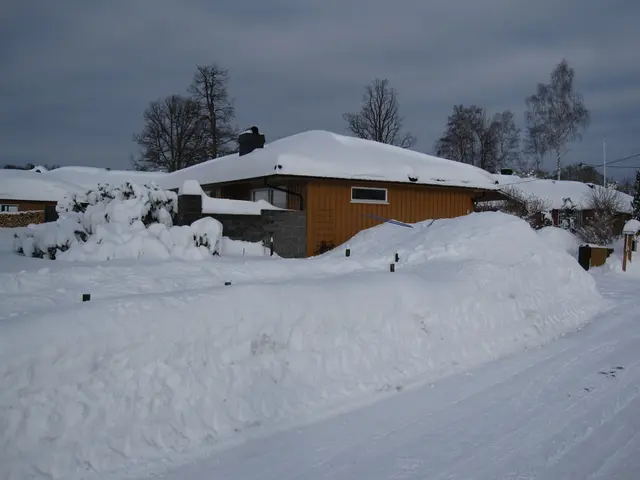Neighbors Face Potential Danger
Switzerland and Germany at Odds Over Nuclear Power
A contentious debate is unfolding between Switzerland and Germany as Switzerland considers lifting its ban on new nuclear power plants, while Germany remains steadfast in its nuclear phase-out.
The Swiss government has proposed draft legislation to end the ban on constructing new nuclear reactors, arguing that nuclear power is necessary to meet growing electricity demand, reduce emissions, and maintain power grid stability. This legislative proposal comes as a response to a popular initiative called "Stop the Blackout," which aims to constitutionally enshrine the lifting of the nuclear ban. The government prefers a legislative change because it is faster and less uncertain than a constitutional amendment.
In contrast, Germany completed its nuclear phase-out by the end of 2023 as part of its long-standing energy transition policy ("Energiewende") that emphasizes renewables and aims for an almost 80% renewable electricity share by 2030. Germany’s nuclear phase-out has been accompanied by some coal and lignite reactivation, partly due to energy security concerns following the Russian invasion of Ukraine.
Switzerland's nuclear power plans are meeting opposition from German anti-nuclear activists, including Armin Simon, a member of the German anti-nuclear organization Ausgestrahlt. Simon intends to resist the proposal, expressing concerns about its unrealistic and counterproductive nature. The Trinational Atomic Association TRAS, led by Stefan Auchter, has also expressed concerns, warning that the Swiss nuclear power plans could have significant geopolitical implications, potentially leading to increased dependence on Russian nuclear technology, particularly on Rosatom, a Russian state-owned company.
Thekla Walker, the Green Minister for the Environment of Baden-Württemberg, has not publicly commented on the Swiss nuclear power proposal. However, she has stated that nuclear power is a high-risk technology. Despite not being involved in the Swiss decision-making process, Walker's stance underscores the broader European debates on nuclear risks and energy security.
As the debate continues, Switzerland moves forward with domestic legislation, expecting a referendum in 2026 if the constitutional initiative is not withdrawn. The Swiss government argues that nuclear power is necessary to maintain energy security and climate ambitions, while Germany remains firm in its opposition to nuclear energy.
| Aspect | Switzerland | Germany | |----------------------------|---------------------------------------------------|----------------------------------------------------| | Nuclear policy | Lifting 2018 ban; legislative proposal to allow applications for new plants | Completed nuclear phase-out in 2023 | | Energy strategy | Nuclear seen as needed alongside renewables to meet demand and cut emissions | Energiewende focuses on renewables and coal phase-out by 2030 | | Utilities’ stance | Axpo cautious; no immediate plans for new builds; seeks risk-sharing | No nuclear investments; shifted to renewables and some coal reactivation | | Public/political debate | Upcoming referendum on constitutional initiative after legislative vote | Long-term public and political consensus against nuclear power | | German opposition | Opposition from German anti-nuclear activists, including Armin Simon and the Trinational Atomic Association TRAS | Strong domestic opposition to nuclear energy |
This debate highlights the contrasting energy strategies of Switzerland and Germany, with Switzerland re-evaluating its nuclear stance and Germany maintaining its firm exit from nuclear power. The potential geopolitical implications and concerns about energy security and climate goals are at the forefront of the discussion.
Read also:
- United States tariffs pose a threat to India, necessitating the recruitment of adept negotiators or strategists, similar to those who had influenced Trump's decisions.
- Weekly happenings in the German Federal Parliament (Bundestag)
- Southwest region's most popular posts, accompanied by an inquiry:
- Discussion between Putin and Trump in Alaska could potentially overshadow Ukraine's concerns








